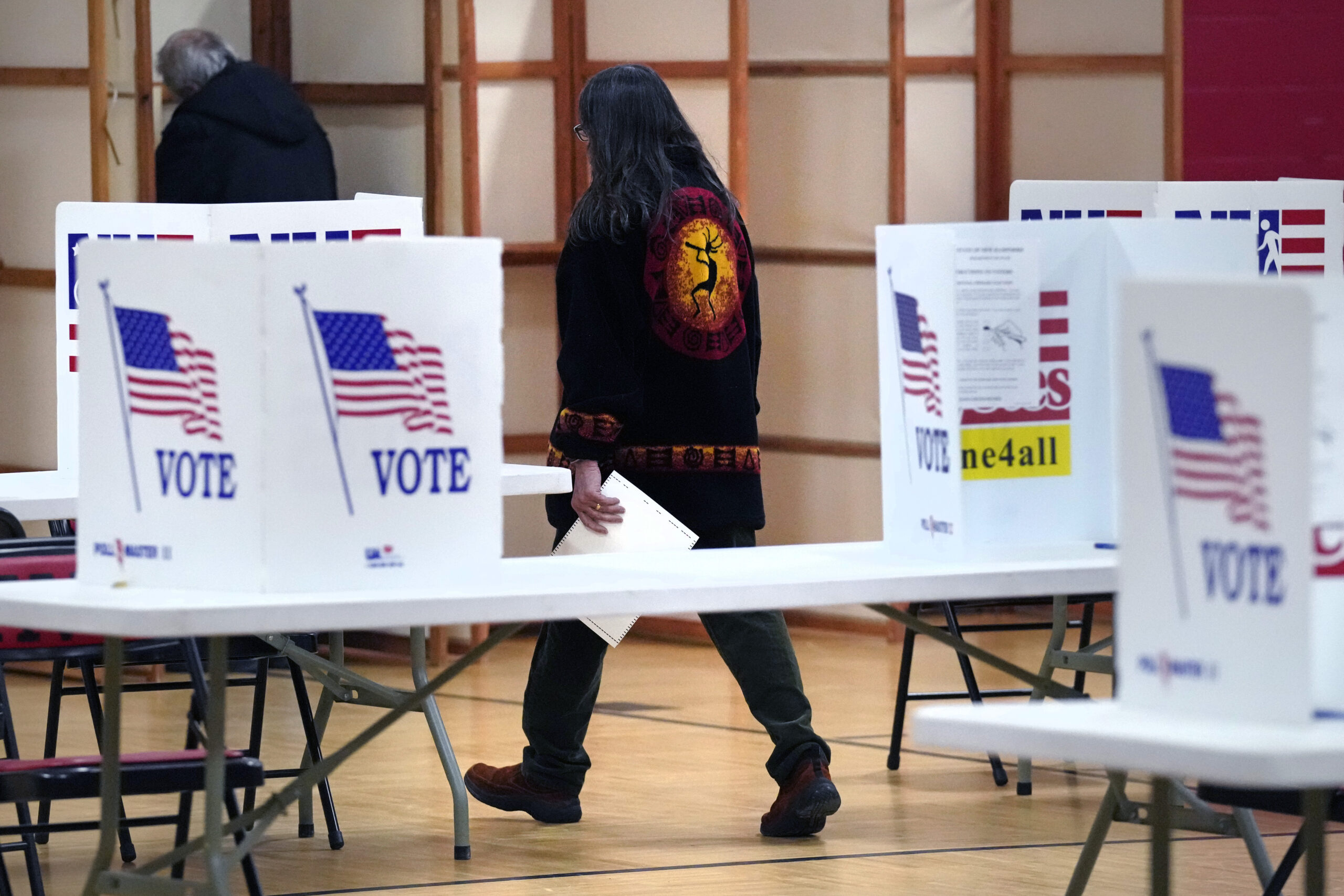Citizens must be vigilant about election integrity

Donald Trump’s claims of voter fraud in the 2020 election were false, but elections across the country are undermined far more often than the former president’s left-liberal media opponents admit. Sometimes there is outright fraud, and more often there is human error. The problem can be compounded by bad policies that leave the system vulnerable to abuse.
Consider recent stories from five different states. In New York, the Appellate Division of the state’s Supreme Court this month affirmed a ruling striking down a New York City law that would have let more than 800,000 noncitizens vote in municipal elections. This ruling reflects common sense and New York’s Constitution. The state’s charter insists that the privilege of voting for civil offices belongs only to those whose full allegiance is to the polity those offices serve. To do otherwise would dilute the views of actual citizens, perhaps to their detriment.
Delaware’s Superior Court invalidated recent laws that expanded early voting and allowed “permanent absentee status” for some of the state’s voters without regard for whether they otherwise would remain eligible for future elections. Under the invalidated law, a Delaware citizen could leave the state but keep requesting absentee ballots for years without proving current Delaware citizenship.
The court found “clear and convincing evidence” that this violated the Delaware Constitution because neither rampant early voting nor lax controls on absentee voting meet the requirement to “secure secrecy and the independence of the voter, preserve the freedom and purity of elections and prevent fraud, corruption and intimidation.”
The Delaware case was filed for a Delaware elections inspector by the Public Interest Legal Foundation, a law firm dedicated to election integrity. The foundation is also trying to force other states to uphold their election laws by cleaning ineligible voters off their rolls.
In Arizona, partisan registration drives with lax standards are partly responsible for illegal immigrants being registered to vote. This month, the foundation showed that 186 such immigrants were properly purged from voter lists in Pima County, but not before seven of them cast votes successfully in recent elections. Last year, PILF showed that at least nine illegal immigrants cast 12 or more votes during four federal elections in Maricopa County. These are small numbers, but almost every year stories arise across the country of elections being decided by just one, two, or a tiny handful of votes. In 2017 in Virginia, for instance, partisan control of the House of Delegates was decided via a blind draw after two candidates in one district received the same number of general election votes.
In Michigan, PILF is suing the state to force it to uphold its voter integrity laws. At least 26,000 names of dead people remain on states’ lists of eligible voters, some of them even after the foundation showed their gravestones. There, as in similar circumstances in Pennsylvania, PILF has shown that votes have been cast in the names of people who have been dead for years or even decades.
CLICK HERE TO READ MORE FROM THE WASHINGTON EXAMINER
Finally, in Maine this month, PILF won a case in the 1st U.S. Circuit Court of Appeals to force state officials to make its voter lists public record. As the appeals judges noted, Congress intended public access to be an important safeguard against errors of the sorts detailed above.
The fact that state elections officials so often are resistant to public oversight, while at the same time running operations so slipshod that dead people and noncitizens continue to be registered, is disturbing. Even if some candidates falsely blame their losses on nonexistent fraud, voting systems remain vulnerable. Lawmakers should work to tighten them up.
This article has been archived for your research. The original version from Washington Examiner can be found here.
